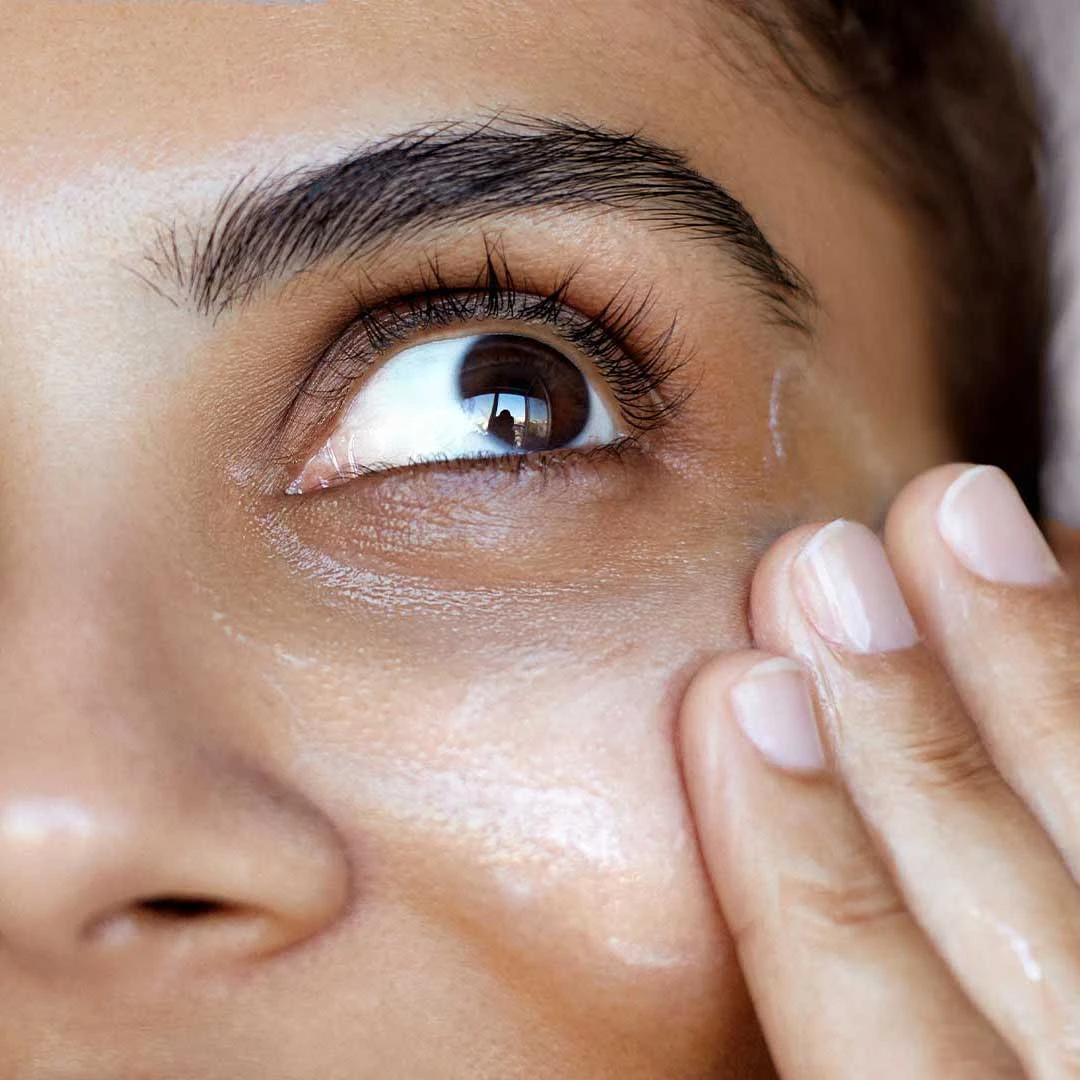Navigating the world of face creams can feel overwhelming, but these simple guidelines will keep you on track. Following these basics will help you get the most out of your skincare investment whilst avoiding common mistakes that could sabotage your routine.
Face Cream Dos
• Patch test new products on your inner arm first
• Apply to slightly damp skin for better absorption
• Use gentle upward motions when applying
• Store products in cool, dry places
• Replace products after their expiry dates
• Give new products at least 4-6 weeks to show results
• Layer thinnest to thickest consistency
Face Cream Don'ts
• Don't apply with dirty hands
• Avoid pulling or tugging at your skin
• Don't mix active ingredients without research
• Skip products with irritating fragrances if you have sensitive skin
• Don't expect overnight miracles
• Avoid using body moisturisers on your face
• Don't forget to patch test before full application
Frequently Asked Questions
Which face cream is best for daily use?
The best daily face cream matches your skin type and concerns. For most people, a lightweight moisturiser with SPF for morning and a slightly richer formula for evening works well. Look for gentle, non-comedogenic formulas that provide adequate hydration without feeling heavy.
How do I choose between a face cream and a moisturiser?
Face creams and facial moisturisers are essentially the same thing—both are designed to hydrate and protect facial skin. The term "face cream" often refers to richer formulations, whilst "moisturiser" can include lighter lotions. Choose based on your skin's hydration needs rather than the name.
Can men use the same face creams as women?
Absolutely! Skin is skin, regardless of gender. Men's skin tends to be slightly thicker and oilier due to hormones, so they might prefer lighter formulations. However, there's no reason men can't use any face cream that suits their skin type and concerns.
How often should I change my face cream?
Your skin's needs can change with seasons, age, hormones, and lifestyle factors. Review your routine every 3-6 months, but don't feel pressured to change products that are working well. If your skin feels different or your concerns have shifted, it might be time to reassess.
Is it necessary to use different creams for day and night?
Whilst not absolutely essential, day and night creams serve different purposes. Day creams often include SPF and lighter textures for protection and comfort under makeup. Night creams can be richer and contain active ingredients that work best without sun exposure. However, a good all-purpose moisturiser can work for both if that suits your routine better.
Key Takeaways
Finding your perfect face cream doesn't have to be complicated when you know what to look for. Focus on understanding your skin type, identifying your main concerns, and choosing products with ingredients that address those specific needs. Remember that consistency trumps complexity—a simple routine with the right products will always beat a complicated one with wrong choices. The key is giving products time to work whilst paying attention to how your skin responds. Your perfect face cream is out there, and with this checklist, you're well-equipped to find it. Trust the process, listen to your skin, and don't be afraid to try something new when your current routine isn't quite hitting the mark.

 100gm
100gm 30 ml
30 ml 50 gm
50 gm 50 gm
50 gm